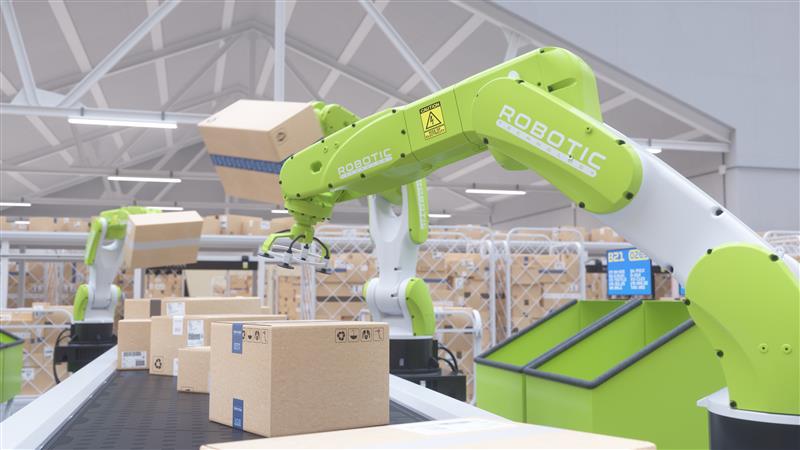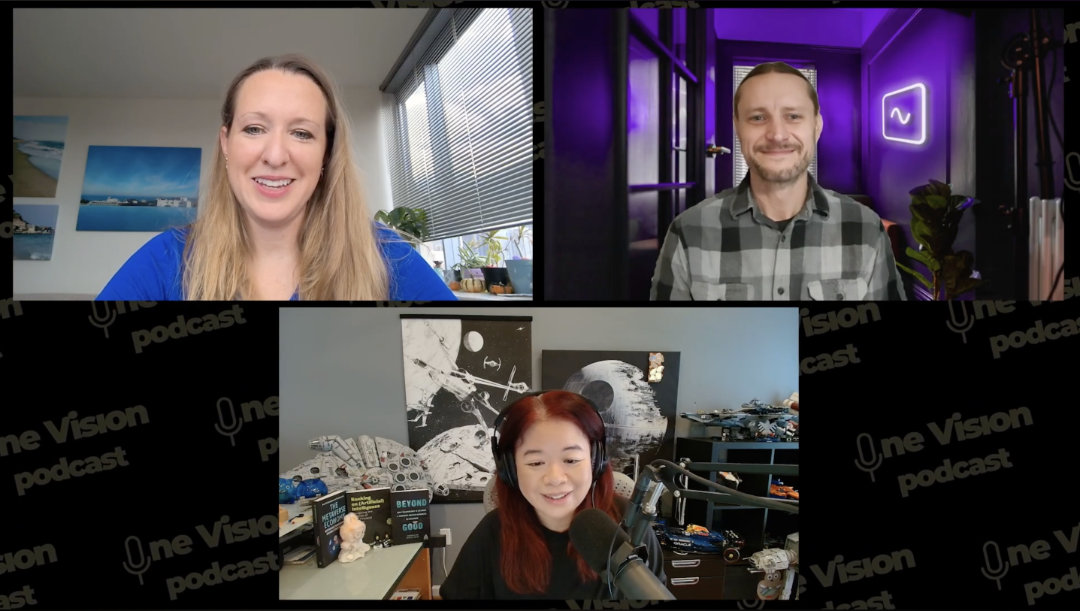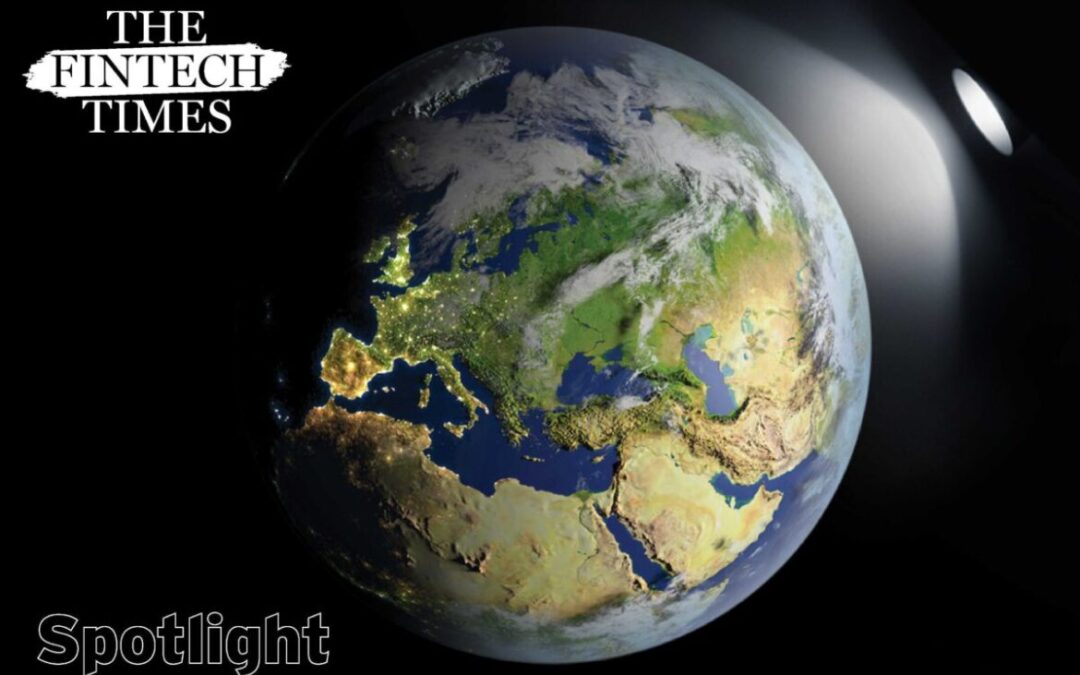The Fintech Times: July 31, 2024
Words by: Francis Bignell
Now encapsulating a focus on societal impact and the environment, the term ‘fintech for good’ has evolved from its initial meaning of charity. But it doesn’t stop there. This July, we are on the hunt to find out how the fintech industry is doing ‘good’ for local communities and the world, revealing current and future plans to make change.
As we conclude our ‘fintech for good’ focus at The Fintech Times, we reflect on how organisations are making a difference. For a long time there has been a misconception that in order for a fintech to do good, it must be selfless. That in order for it to truly make a change, it cannot benefit and make money off of its services. This is simply not the case. In the final article of our ‘fintech for good’ monthly focus, we explore how organisations can properly balance a good purpose with profitability.
Treating Stakeholders and Shareholders Alike
Kristen Castell, managing director of the Delaware-based company, Center for Accelerating Financial Equity (CAFE), the nonprofit advancing financial health and wellness to low-income communities, notes how organisations must focus on the impact they are having on people’s lives when looking to make a profitable business.
“More than ever, fintech companies are being judged on how they treat their stakeholders, not just their shareholders. The last few years – there has been an accelerating focus by the market, fueled by investors, on understanding how a company treats its people (i.e supply chain, employees) and the environment (i.e efficiency of operations) because those risk factors are important to long-term (financial) value of a company. Take the politicised acronym ‘ESG’ out of it!
“Bottom line is it’s good business for fintechs to provide both shareholder and stakeholder value. Especially now with the globalisation of information through the internet and social media, companies have a spotlight on everything they do – and cannot just sell products anymore but need to focus on providing what’s important for the quality of people’s lives. All of us, especially the large low-to-moderate-income (LMI) populations throughout the world demand it.”

The future of work in Delaware
Backing innovation and strengthening our...

CAFE Leaders Featured on One Vision Podcast to Discuss Financial Equity, Founder Collaboration, and the Future of Fintech
The One Vision Podcast has released a new...

Press Release Dec 2, 2025: IgniteFI and CAFE Partner to Empower Fintechs Serving Credit Unions
IgniteFI, a leading fintech advisory firm...

